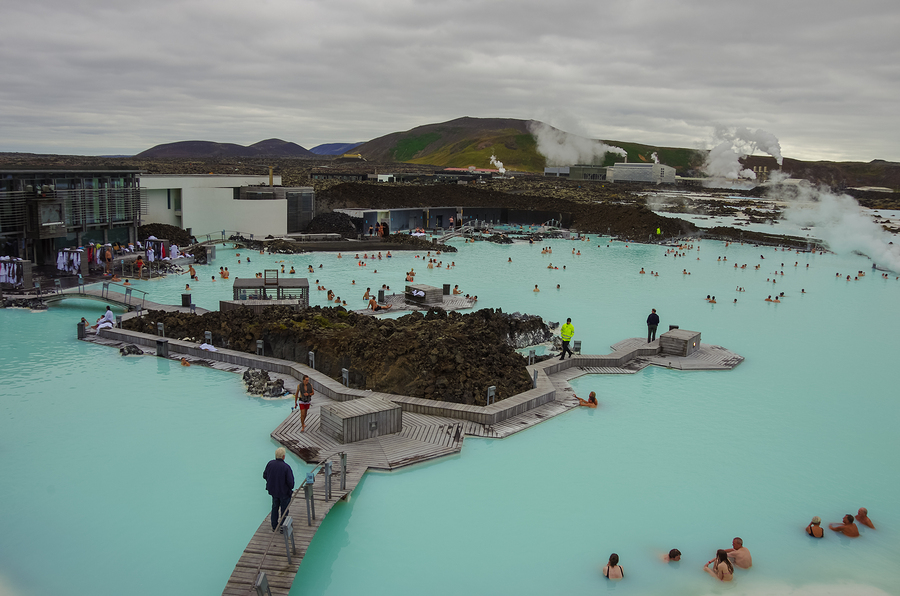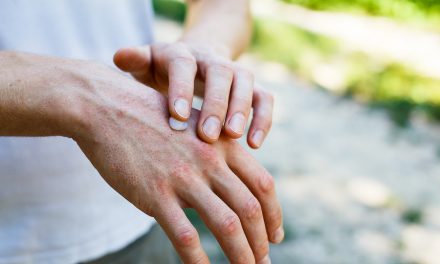It can sometimes turn into a very long time between vacations as a working adult. Life gets busy, bills need paying, and it can sometimes get very difficult to justify taking time off for “fun” when we have so many responsibilities to attend in our daily lives. But what if I told you working too hard and skipping your vacation days could actually be detrimental to your health? A recent study has revealed a link between working adults that take vacation time and the actual length of their lives!
RELATED STORY:
Increase Longevity By Taking Regular Vacations
The study conducted by researchers of the Department of Medicine at the University of Helsinki tracked the lives of 1,222 men that were born between 1919 to 1934. These men had a few key factors in common: all had built careers as company executives, and all had at least one major risk factor for cardiovascular (heart) disease. These risk factors ranged from being overweight, having a smoking habit, or having issues with cholesterol or blood pressure.
Half of the group – around 612 subjects – were given regular health assessments and medical advice over the study period from 1974 – 2004. They received health tips tailored to their unique pre-existing risk conditions, such as diet/exercise recommendations, instructions to quit smoking, and even medications to lower blood pressure and lipid counts in some cases. The other half of the study group received no additional medical consultation or advice.
The results of this study turned out to be fascinating. The group that received no health coaching saw no positive or negative change in risk of early death due to their cardiovascular risk factors. The 612 that had received medical advice revealed an interesting result: Those who had taken less than 3 weeks of annual vacation time during the study period had a 37% greater chance of early death compared to those who took more vacation/leave time.
RELATED STORY:
“Shorter vacations and longer working hours are associated with harmful health effects, even mortality.” Dr. Strandberg, one of the head professors of the study concluded. However, he adds the disclaimer, “Cause and effect cannot be established, however, and controlled trials are difficult to perform.”
An example of what he means is the question that was raised by the study, even if the correlation between vacation time and lifelong vitality seems apparent. Why did the group with no medical advice not reflect a rise in death rates, regardless of vacation time? Well, Dr. Strandberg and his team think they may have an explanation. To understand it, however, we need to know more about how stress can affect your heart’s health.
How Stress Impacts Your Heart Health
When you become stressed, adrenaline causes your breathing and heart rate to speed up. This causes a temporary rise in blood pressure. When stress is constant, your body remains in this high adrenaline – and high blood pressure – state for extended periods of time. The longer stress like this persists, people often turn to coping mechanisms like drinking alcohol, smoking cigarettes, overeating, and physical inactivity to help them manage their stress levels. These are habits that can lead to high blood pressure and cholesterol levels, weight gain, and can even cause artery damage, all of which notably increases the risk of heart disease.
Sound familiar? That list of stress-cause side effects is closely correlated to the risk-factors that characterized the test group in Dr. Strandberg’s study.
Conclusion
Strandberg summarises the findings of their research as you might expect: “In our study, men with shorter vacations worked more and slept less than those who took longer vacations. This stressful lifestyle may have overruled any benefit of the intervention.” Ultimately, the stress in the lives of the test subjects increased the negative effects of their physical risk factors, giving them a higher chance of an early death. But what about our second question, concerning why only the group that received medical intervention saw an increase in mortality and not the group that received no medical advice? Well, Sandberg has an answer to that too.
“We think the intervention itself may also have had an adverse psychological effect on these men by adding stress to their lives.” That is to say that the added pressure of trying to actively change their lifestyle (exercise more, change their diet, quit smoking, etc.) may have actually counteracted the positive effect and of those changes might have had to their health.
Finland, where this study was conducted, was ranked by Bloomberg at number 68 out of 74 of the world’s most stressful countries. It scored a low 14.9 out of 100 on their averaged scale for national stress. The United States ranks much higher at number 54, with a generalized score of 25.7 out of 100 for national stress. With that in mind, and with heart disease being the number one cause of death in the US, one can only imagine that our adult workforce might be facing even higher risks of stress-related mortality! Even if we are doing our best to live healthily, it may not be enough if we are not finding appropriate ways to de-stress.
RELATED STORY:
“Don’t think that having an otherwise healthy lifestyle will compensate for working too hard and not taking holidays,” says Professor Strandberg. So next time you are feeling wound tight and stressed, do your health a serious service and pull out that calendar to plan your next vacation!
*Article originally appeared at Healthy Holistic Living.












